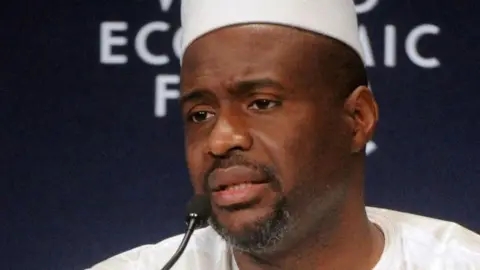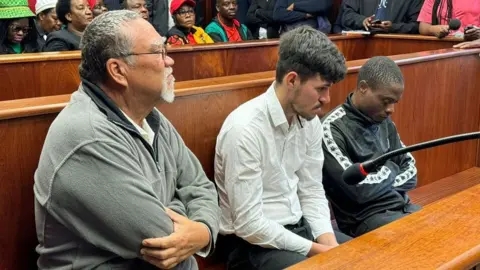Moussa Mara, who briefly led Mali’s government a decade ago, has been formally accused of destabilizing the state following a post on social media expressing support for detained opposition figures.
Since Mali’s military leadership dissolved political parties in May, Mara has emerged as a vocal opponent of the ruling junta. His recent visits to imprisoned activists and subsequent online statements have drawn legal scrutiny.
In early July, Mara wrote on X (formerly Twitter) that he stood in “unwavering solidarity with prisoners of conscience,” adding that he would continue fighting for their freedom. Authorities later summoned him for questioning, arguing that his remarks amounted to incitement.
Prosecutors have now charged him with undermining state authority, resisting lawful governance, and provoking unrest. His trial is scheduled for late September.
The military regime, which took control after back-to-back coups in 2020 and 2021, has tightened its grip on dissent. Earlier this year, transitional leader Gen. Assimi Goïta secured a five-year presidential term without elections, despite earlier pledges to restore civilian rule.
Mali’s political landscape has grown increasingly restrictive, with opposition voices facing arrests and legal action. Mara’s case highlights the junta’s crackdown on critics as it consolidates power.
The West African nation remains under military control, with no clear timeline for democratic elections.









